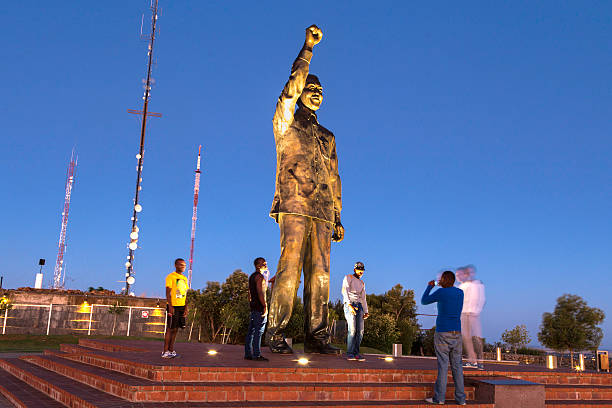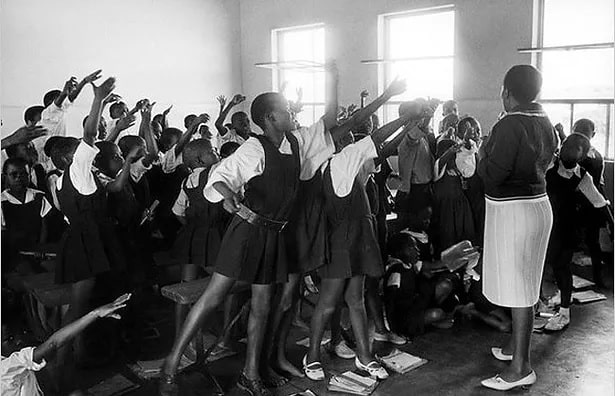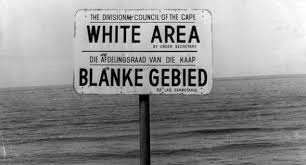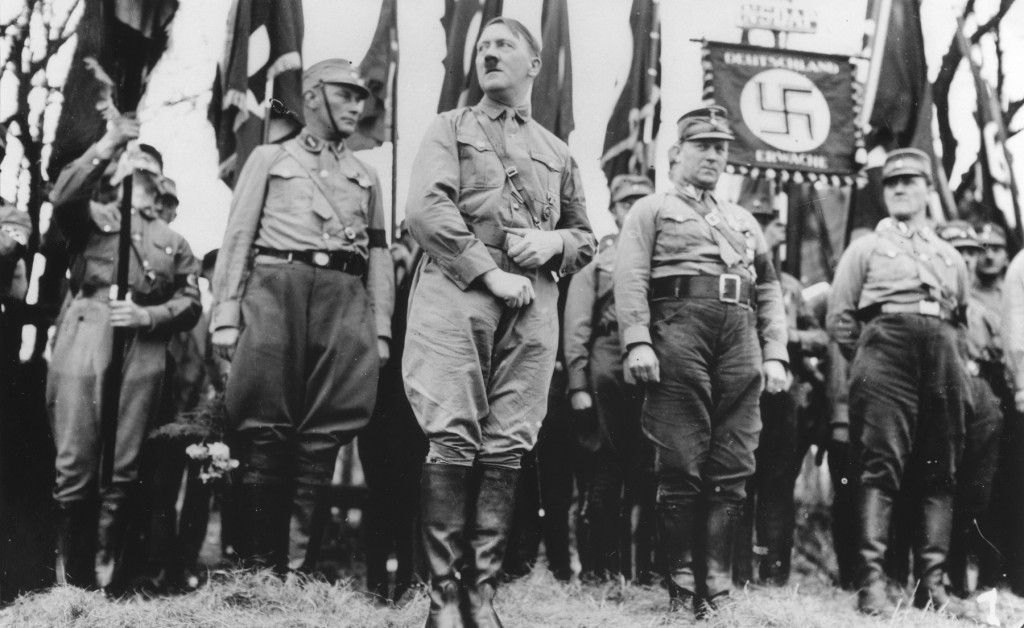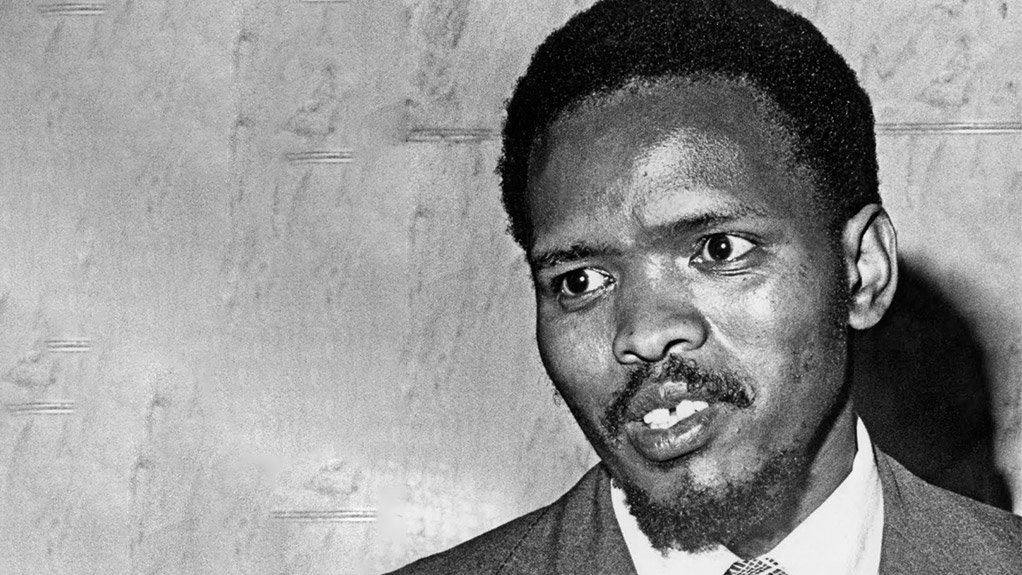Understanding the Bantu Education Act: 15 Questions and Answers for Grade 12 Learners The Bantu Education Act of 1953 was one of apartheid South...
10 Important Things Nelson Mandela did to Build Democracy with Example and Facts:
10 Transformative Actions by Nelson Mandela in Building Democracy: Melding Facts with Fascinating Insights
Nelson Mandela, the iconic anti-apartheid revolutionary, wasn’t just a political figure; he was a beacon of hope, resilience, and unity. As South Africa’s first black president, he went above and beyond to sow the seeds of democracy in a nation marred by racial divisions.
10 Important Things Nelson Mandela did to Build Democracy with Example and Facts
Here are ten pivotal things Mandela did, with each feat substantiated by compelling facts and intriguing examples:
- End of Apartheid
- Fact: Mandela fiercely opposed the institutionalized racial segregation of apartheid.
- Example: His leadership in the African National Congress (ANC) and his role in the 1952 Defiance Campaign directly challenged apartheid laws, setting in motion events that would culminate in their eventual repeal.
- Robben Island Imprisonment
- Fact: Mandela spent 27 years in prison, much of it on Robben Island.
- Example: Despite the harsh conditions, he used this time to engage in covert political discussions, keeping the flame of resistance alive and preparing for a democratic South Africa.
- Peaceful Negotiations
- Fact: Upon his release in 1990, Mandela chose reconciliation over revenge.
- Example: He engaged in negotiations with then-President F.W. de Klerk, ensuring a peaceful transition to majority rule.
- Truth and Reconciliation Commission
- Fact: Mandela endorsed the establishment of the Truth and Reconciliation Commission in 1995.
- Example: Instead of seeking vengeance, this commission allowed victims of human rights violations to speak out, and perpetrators to seek amnesty – a healing step towards national unity.
- Constitutional Vision
- Fact: Mandela was pivotal in crafting the new South African Constitution.
- Example: This constitution, ratified in 1996, is hailed worldwide for its inclusivity and emphasis on human rights, setting a democratic blueprint for the nation.
- Unified National Identity
- Fact: Mandela consistently advocated for a ‘Rainbow Nation.’
- Example: He wore the Springbok jersey, historically a symbol of Afrikaner pride, during the 1995 Rugby World Cup final, a gesture that symbolized unity and the bridging of racial divides.
- Economic Reconstruction
- Fact: Mandela understood that true democracy required economic stability.
- Example: He set up the Reconstruction and Development Programme (RDP) to address economic inequalities and provide services to the impoverished.
- Focus on Education
- Fact: Mandela believed that education was the most potent weapon for change.
- Example: One of his first acts as president was to allocate more funds for black schools and make education accessible to all.
- Healthcare Reforms
- Fact: Mandela recognized public health as a pillar of democracy.
- Example: He launched various health schemes, and later, openly addressed the AIDS epidemic, a topic previously surrounded by stigma.
- Stepping Down After One Term
- Fact: Despite his immense popularity, Mandela did not seek a second presidential term.
- Example: His decision in 1999 was a strong message about the importance of democratic turnover and avoiding the pitfalls of prolonged power.
Nelson Mandela’s journey, dotted with remarkable feats and profound lessons, remains an enduring testament to the power of perseverance, reconciliation, and vision. His dedication to democracy went beyond mere political structures, emphasizing the heart and spirit of a nation coming together. And that is a narrative worth revisiting, time and again.

